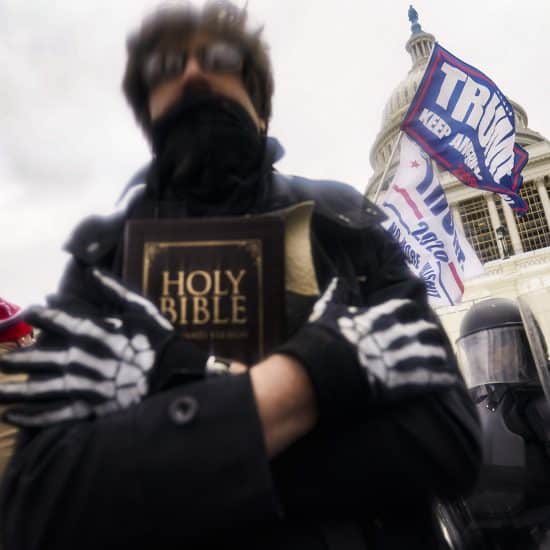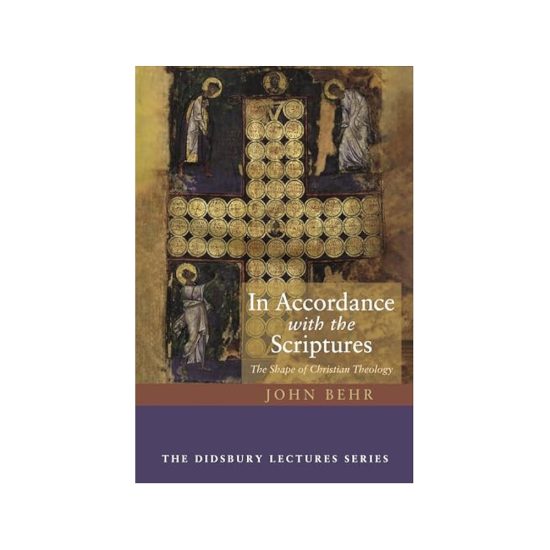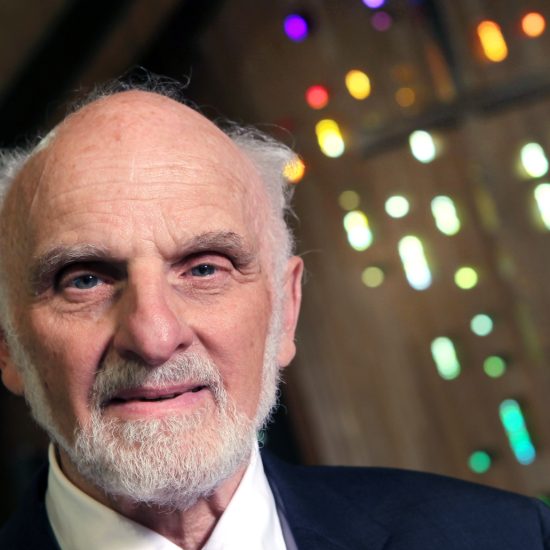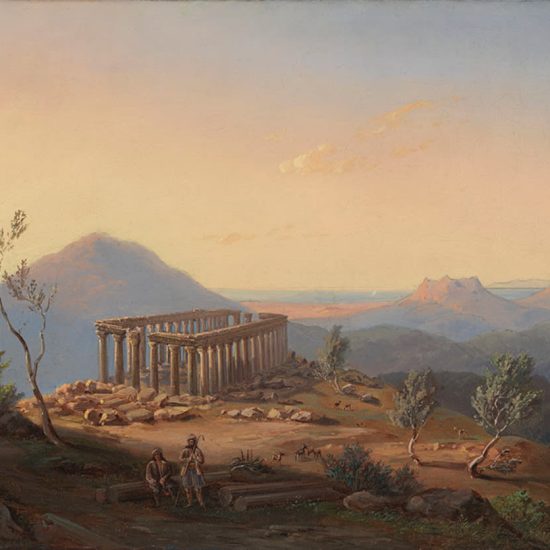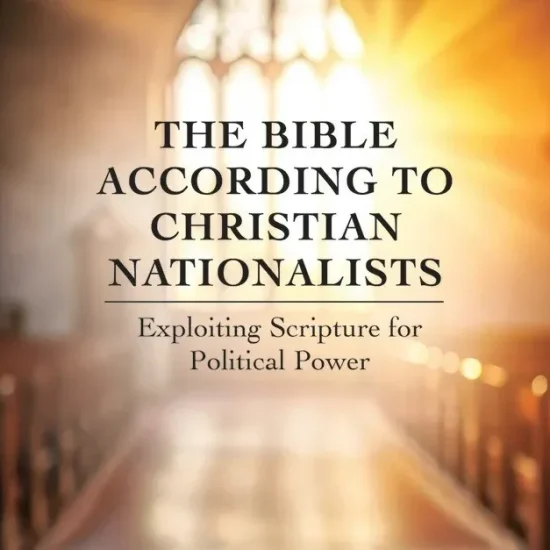ABILENE, Texas — The beloved community — an ideal that shaped the American civil rights movement — was built upon the Bible, Emmanuel McCall stressed during the annual Maston Lectures at Hardin-Simmons University's Logsdon School of Theology.
McCall, founding pastor of The Fellowship Group in Atlanta, is vice president of the Baptist World Alliance and past moderator of the Cooperative Baptist Fellowship. For more than 23 years, he directed black church relations for the Southern Baptist Home Mission Board.
The idea of the beloved community emerged after Martin Luther King Jr. delivered his famous "I Have a Dream" speech in 1963, McCall said.
"The idea embraced the concepts of fairness, justice, equality of opportunity, enabling each other; living with race, class or religious preference without incrimination; people living in peace, safety and security — God-respected and honored," he explained.
McCall cited passages from King's speech that illustrate the idea: "I have a dream that one day on the red hills of Georgia, the sons of former slaves and the sons of former slave owners will be able to sit down together at the table of brotherhood…. I have a dream that my four little children will one day live in a nation where they will not be judged by the color of their skin but by the content of their character. I have a dream…little black boys and black girls will be able to join hands with little white boys and little white girls as sisters and brothers."
Such peace and harmony is wrecked by sin in people's lives, not by the color of their skin, McCall stressed, noting, "The beloved community…results from spiritual interventions. God takes an active role in helping us, by grace, restore what sin has deprived us of."
McCall pointed to three Scripture passages that form the biblical foundation for the beloved community.
The Old Testament story of Cain and Abel has been misinterpreted to mean people are to be their "brother's keeper," he claimed.
In the story, Abel offers God a meat sacrifice, and his brother, Cain, offers fruits and vegetables. God affirms Abel's offering and rejects Cain's, telling Cain, "If you do what is right, will you not be accepted?" Raging with jealousy, Cain kills Abel. When God asks about his brother, Cain retorts, "Am I my brother's keeper?"
McCall theorized God accepted Abel's gift because he gave his best and rejected Cain's because he "took life's shortcuts" and failed to offer his best produce.
"Rather than change his attitude about worship, Cain decided to remove the competition," McCall said. "He reasoned if Abel were no longer around, God would always affirm his gifts…. When God raised the question, 'Cain, where is Abel your brother?' Cain gave back a smart-aleck reply. In essence, he said: 'Why are you asking me? Am I supposed to keep up with him? Am I to look after him? Am I my brother's keeper?'"
The answer is "of course not," McCall added. People are supposed to be their brother's brother, not their brother's keeper.
The beloved community also involves "community consciousness," McCall said, describing the story of four lepers whose story is told in the Old Testament book of 1 Kings.
The lepers were social outcasts who had been excluded from Samaria because their disease was believed to be highly contagious. So, they lived outside the community when King Ben Hadad of Syria laid siege, nearly destroying the city.
When God confused and frightened the Syrian troops, they fled and left everything behind — including food, clothing, the spoils of other battles and, most especially, precious food. Soon, the lepers discovered the empty camp.
Although the lepers could have hoarded all the army left behind, "they possessed a commodity every community must have — a community consciousness," McCall reported. "Even though they had been outcasts, shunned, despised, taunted, humiliated and left to die, they had a passion for compassion."
So, the lepers ran to Samaria to tell the inhabitants of the good fortune and the abundance of food. "These former beggars became heroes," he said. "Community consciousness looks after the welfare of each other."
Turning to the New Testament, McCall focused on the "servanthood of the towel" exemplified by Jesus when he washed his disciples' feet.
They gathered for a banquet, and the 12 followers jostled and competed with each other to get the "best" places at the table beside Jesus. "So anxious was their quest that none of them thought to do a common courtesy," he said. "Each was so preoccupied with his place and fortune."
So, Jesus — their teacher and leader — got on his knees and took on the lowliest task, washing the feet of each disciple, and then telling them: "Now that I, your Lord and teacher, have washed your feet, you also should wash one another's feet. I have set an example that you should do as I have done for you."
"If those seeking the beloved community are stressed out on titles, positions, control, bossing and 'feathering their own nests,' community will not be achieved," McCall warned. "We must cultivate the disciplined mindset that we serve because it is right to do so, not for the expected reward."
The Maston Lectures are named for T.B. Maston, a pioneer Christian ethicist who taught generations of ministers at Southwestern Baptist Theological Seminary. Logsdon's Maston Chair of Christian Ethics sponsors the annual lectures.
Marv Knox is editor of the Baptist Standard.

